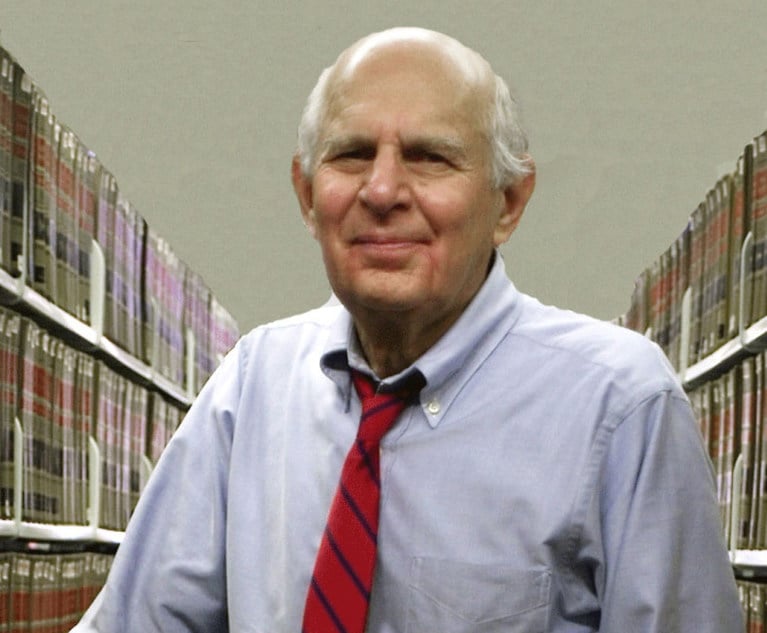In the 19 months since the beginning of the COVID-19 pandemic, the Second Circuit on several occasions has analyzed the circumstances in which challenges to certain restrictions implemented pursuant to COVID-19-related executive orders were moot. In four recent rulings—Agudath Israel of America v. Cuomo, 983 F.3d 620 (2d Cir. 2020), 36 Apartment Associates v. Cuomo, — F. App’x —-, No. 20-2565, 2021 WL 3009153 (2d Cir. July 16, 2021), Connecticut Citizens Defense League v. Lamont, 6 F.4th 439 (2d Cir. 2021), and Dark Storm Industries v. Hochul, No. 20-2725, 2021 WL 4538640 (2d Cir. Oct. 5, 2021) (summary order)—the court evaluated whether certain orders were moot on the basis of whether plaintiffs were under threat that the relevant restrictions would be imposed again in the future. The decisions illustrate that, in examining the mootness of executive orders made in response to ever-evolving public emergencies, the court is tasked with assessing the likelihood of similar restrictions in the future.
Voluntary Cessation of Challenged Conduct
In three of the cases, Agudath Israel, Citizens Defense League and Dark Storm, the Second Circuit considered whether the voluntary cessation of the challenged conduct, either through the rescission of the relevant executive orders or withdrawal of restrictions at the state agency level, rendered plaintiffs’ claims moot. In each of these decisions, the Second Circuit considered the full context of the pandemic and the State’s response in deciding the mootness question.


 Martin Flumenbaum, left, and Brad S. Karp
Martin Flumenbaum, left, and Brad S. Karp




